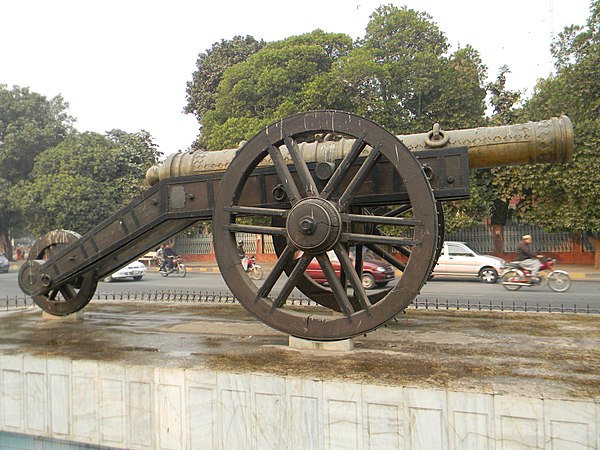In my youth, I was taken to an Atheneum. This was a private library which was an exclusive privilege akin to a golf course, swim club. I was introduced to the difference that privilege can give you. Later, I got a job working in my school library. I reshelved books and put a glossy plastic sheath over a books cover to protect it from wear.
Secretly, I would steal glances at the books I was reshelving, and sometimes I would look at the books on the shelves. One book, in particular, I remember very well — it was the autobiography of Andrew Carnegie. His was the American dream, the story of a poor immigrant, through hard work and brilliance became a financial titan, a robber baron.
Nowadays I know that Andrew Carnegie had another legacy. He funded public libraries across the USA. This act gave the opportunity and privilege of information and knowledge to entire generations of Americans. At least this is my understanding.
When the internet was just starting out, many applications had a help menu option. This brought up a series of pages that explained how the application worked. So Word had help, Excel had help. Just about any office application had a help menu option. It was something that everything had to support.
If I recall correctly, I think what happened was that these help pages started to offer embedded images, and then they started to provide hypertext help. This meant that the help (or manpage) could be distributed to more than one file, and that the help browser was smart enough to jump to the next file. From there, the files could be distributed about the whole filesystem which might even be network mapped. This was about 1991.
Then someone got the idea that the pages could be on other machines, or in other buildings and companies. That’s how I remember the internet as we know it today starting — surfing. You could always transfer files long distance via FTP, and send email, but the idea of browsing about the web happened to me in about 1993.
And there was this incredible dream — that the knowledge of the world, this world of privilege could be made available to everyone — freely without restriction, and enrich all peoples throughout the world. And this dream became a reality.
But now when I look around, I see that the world wide internet has become divided up and restricted and that knowledge has become corrupted with misinformation, so that everyone says, “don’t trust what I read on the internet”.
I think I understand why building libraries was so important to Andrew Carnegie. I think he understand what limited resources were all about, and that by building a library he could provide a gift to as many people as possible, and one that would not break down.

